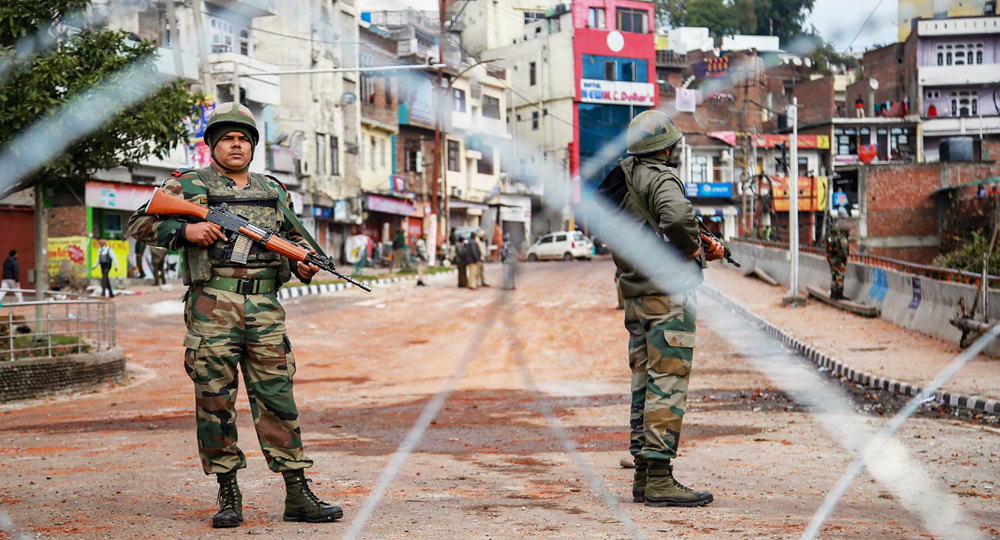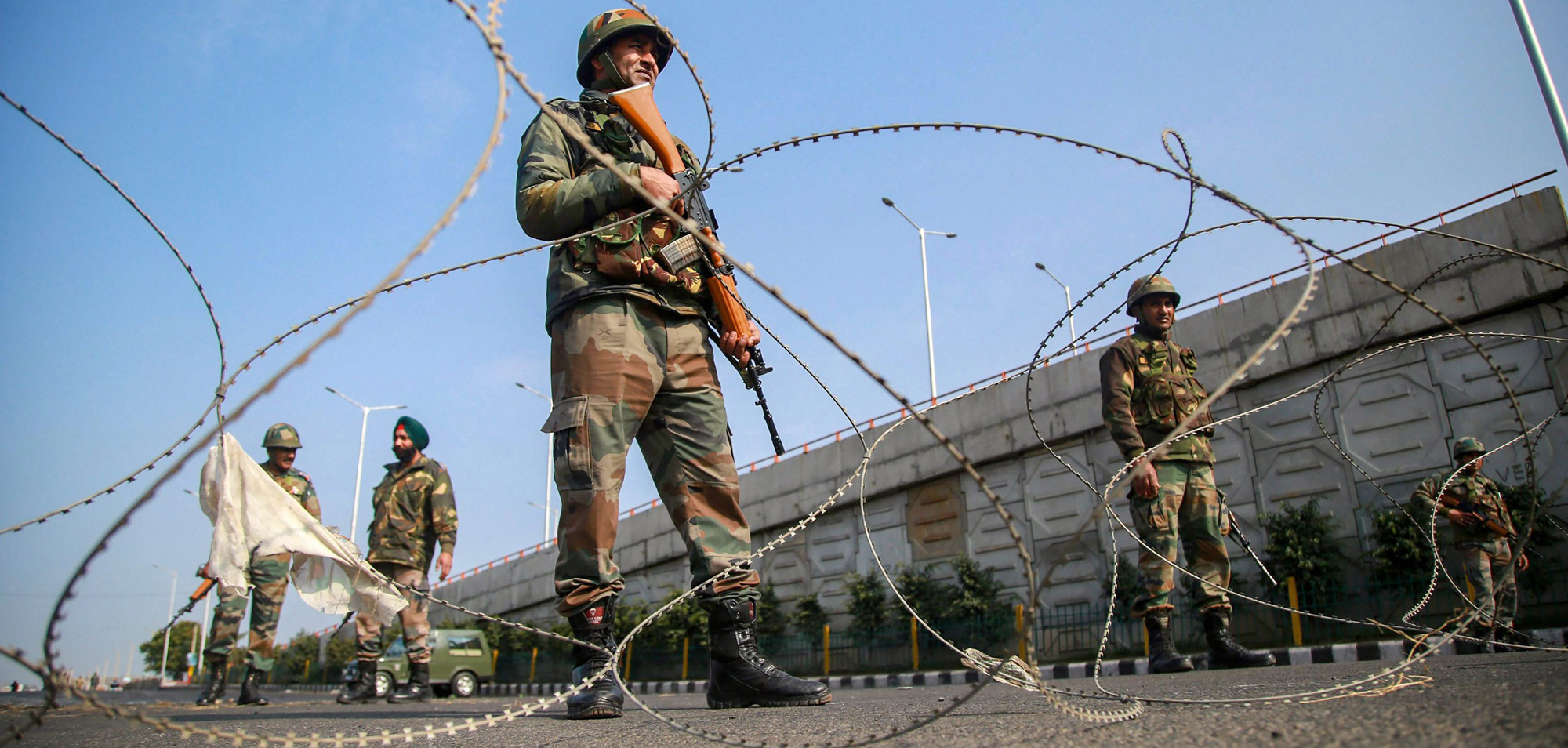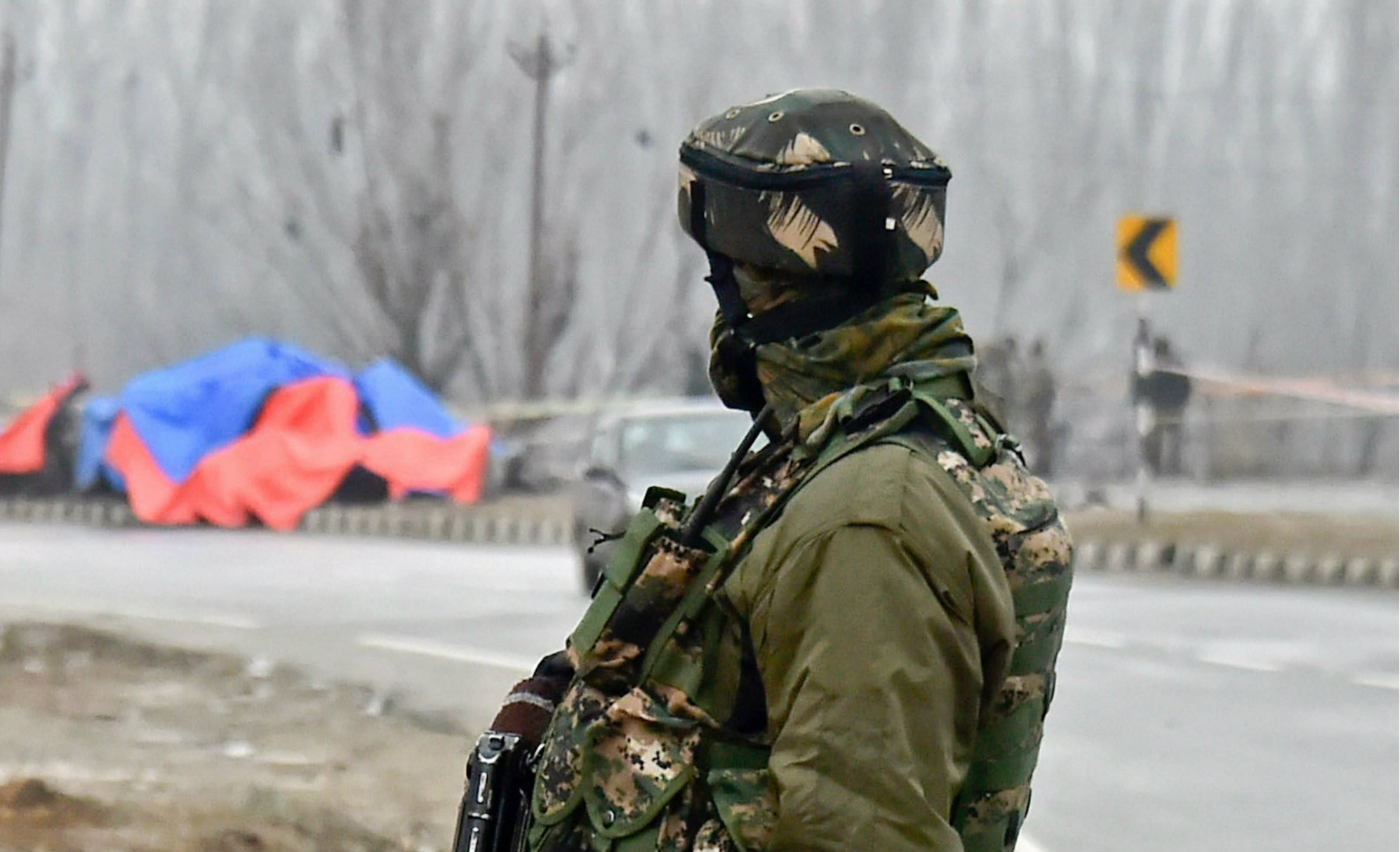The Jammu and Kashmir administration on Sunday withdrew the security cover of top separatist leaders, three of whom have lost at least one family member to suspected militant attacks for their perceived moderate views or proximity to New Delhi and another who has spent years in Pakistani jails.
The move, which followed the Pulwama terror attack that killed 40 CRPF jawans, sparked fears that it would put the lives of the separatist leaders at risk and further choke the moderate space in the Valley.
A spokesperson said the government was issuing orders “withdrawing all security and any government facilities provided” to separatist leaders Mirwaiz Umar Farooq, Abdul Ghani Bhat, Bilal Lone, Hashim Qureshi and Shabir Shah by Sunday evening. Vehicles allotted to them would also be withdrawn.
“No security forces or cover should be provided, under any pretext, to them or any other separatist. If they have any other facilities provided by the government, they are to be withdrawn forthwith,” the spokesperson said.
The police headquarters will withdraw the security of other separatist leaders as well, the spokesperson added.
Shah is currently lodged in Delhi’s Tihar jail and his party said he never enjoyed government security.
Some other key separatist leaders, such as Syed Ali Shah Geelani and Mohammad Yasin Malik, also do not receive security cover.
Police sources said the 42 policemen deployed for the security of the five separatist leaders named in the order were being withdrawn.
Qureshi, who was the mastermind of the 1971 hijacking of an Indian passenger plane in Srinagar and taking it to Pakistan, had spent years in prisons in the neighbouring country. He was the only separatist leader to criticise the move to remove the security cover. The others literally welcomed it.
Qureshi is a fierce critic of Pakistan and its spy agency ISI. His son Junaid said Qureshi had suffered torture at the hands of the ISI and that the Centre would be responsible if anything untoward happened to him or his family.
Mirwaiz Umar Farooq is the chairman of the moderate Hurriyat faction and Bhat and Lone are in his camp. All of them have lost close relatives to militant attacks.
Umar Farooq’s father Mirwaiz Mohammad Farooq was killed in 1990, Bhat’s brother Mohammad Sultan in 1995 and Lone’s father Abdul Gani Lone in 2002. Other separatists who lost family members to suspected militant attacks include Agha Syed Hassan, Naeem Khan and Qazi Yasir. Khan and Agha are in jail.
Suspected militants also attacked another moderate leader, Fazal Haq Qureshi, in 2010. He is yet to recover fully.
Bhat, a professor of Persian who has served as Hurriyat chief, said he was happy the government had withdrawn his security. He said the separatists had never sought security and that the government had forced it on them.
“In my opinion they have taken the right decision…. (What is more important is that) if a war happens between India and Pakistan, it will lead to total disaster,” Bhat told The Telegraph.
“If they (the police guards) don’t go, I will ask them to leave. I will tell them that you can’t commit trespass. You go, I don’t want you,” he added.
Bhat said his life was “not more precious than the lives of boys who fall to Indian bullets or an Indian soldier who falls to the bullets of boys (militants)”.
The Hurriyat leader said he would never budge an inch from his moderate views.
“India and Pakistan can never fight a war… and it rests with the Indian and Pakistani leadership to sit together across the table, discuss Kashmir, consult the people of Kashmir and find a way out through talks,” Bhat said.
The moderate separatist space in the Valley has shrunk considerably since the 2016 summer agitation and these leaders now refrain from taking a position on issues. In the past, however, they did.
Bhat had said famously in 2011 that “our own people” had killed leaders like Mirwaiz Mohammad Farooq, Abdul Gani Lone and his own brother Mohammad Sultan. The comments had been seen as an allusion to militants. It was the first time a top separatist leader had broached the issue in public. A year later Bhat had said he could be targeted by militants for his remark that UN resolutions on Kashmir were “too complex” to be implemented.
In 2014, Mirwaiz Umar Farooq blasted Geelani after the Hurriyat hawk accused him of holding a secret meeting with emissaries of the Centre.
Umar Farooq and JKLF chairman Malik, however, joined hands with Geelani in 2016 under the banner of the Joint Resistance Leadership, which is spearheading the pro-azadi agitation.













